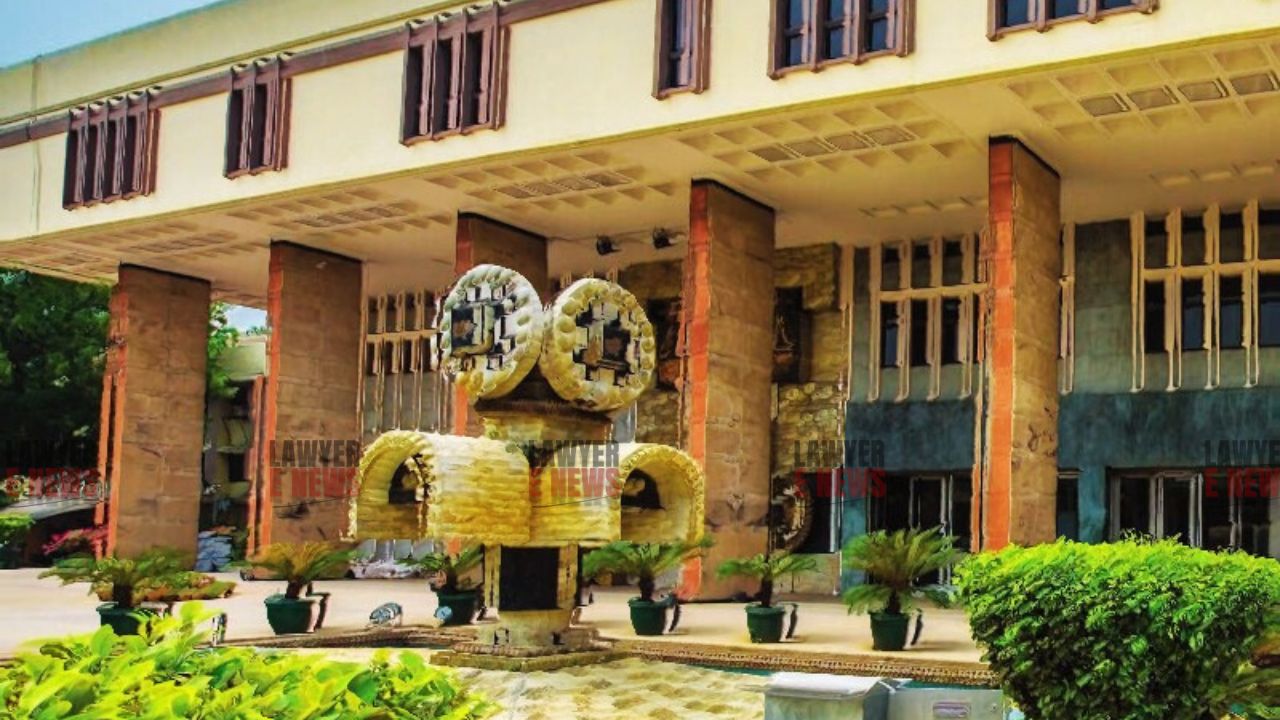-
by Admin
15 February 2026 5:35 AM



The court takes into account the substantial custody period already undergone by the appellant and the likelihood of the appeal taking time. The Delhi High Court has suspended the sentence of an individual convicted under the Protection of Children from Sexual Offences (POCSO) Act. The appellant, who has already served more than seven years in prison, was granted suspension of sentence based on the time already spent in custody and the extended duration expected for the appeal process. The decision was made by Justice Dinesh Kumar Sharma, highlighting the need for balance between the appellant’s rights and the ongoing judicial procedures.
The appellant was convicted and sentenced to rigorous imprisonment for ten years under Section 6 of the POCSO Act, five years under Section 10 of the POCSO Act, and three months under Section 323 of the Indian Penal Code (IPC). The sentences were directed to run concurrently. The appellant had been in custody for seven years and three months at the time of the appeal for suspension of sentence, with an unexpired portion of approximately two years remaining.
The court noted that the appellant had already undergone a significant portion of the sentence, and the appeal process was likely to be prolonged. This was a crucial factor in deciding to suspend the sentence. "Taking into account the appeal is likely to take time," the court stated, emphasizing the importance of not unduly prolonging incarceration when substantial time had already been served.
The absence of any other criminal records against the appellant played a pivotal role in the court's decision. The Additional Public Prosecutor confirmed that there were no criminal antecedents, which supported the appellant's request for suspension of sentence.
The suspension of sentence came with several stringent conditions to ensure the appellant’s availability and compliance with judicial processes:
The appellant must remain available on a specified mobile number and inform any change in contact details promptly.
The appellant should stay within the National Capital Territory (NCT) of Delhi unless permitted by the trial court.
The appellant is required to remain in regular contact with the police officer in-charge and appear in court whenever the appeal is taken up for hearing.
The court’s decision aligns with the principles of justice, recognizing that extended custody during a prolonged appeal process can be unduly harsh. The court balanced the appellant's rights with the need to ensure the judicial process is respected and upheld. "In view of the above, the sentence is suspended on furnishing a personal bond of Rs. 25,000/- with one surety of the like amount," Justice Sharma ordered.
"The appellant shall remain available on his mobile number...and shall not leave the territory of NCT of Delhi without the permission of the learned Trial Court," stated Justice Dinesh Kumar Sharma, underscoring the conditions imposed to ensure compliance and monitoring during the suspension period.
The Delhi High Court’s decision to suspend the sentence reflects a nuanced approach, balancing the appellant’s substantial time served and the anticipated delay in the appeal process. This judgment underscores the judiciary’s role in ensuring fairness while upholding legal obligations, and it sets a precedent for similar cases where prolonged custody and pending appeals intersect.
Date of Decision: July 10, 2024
